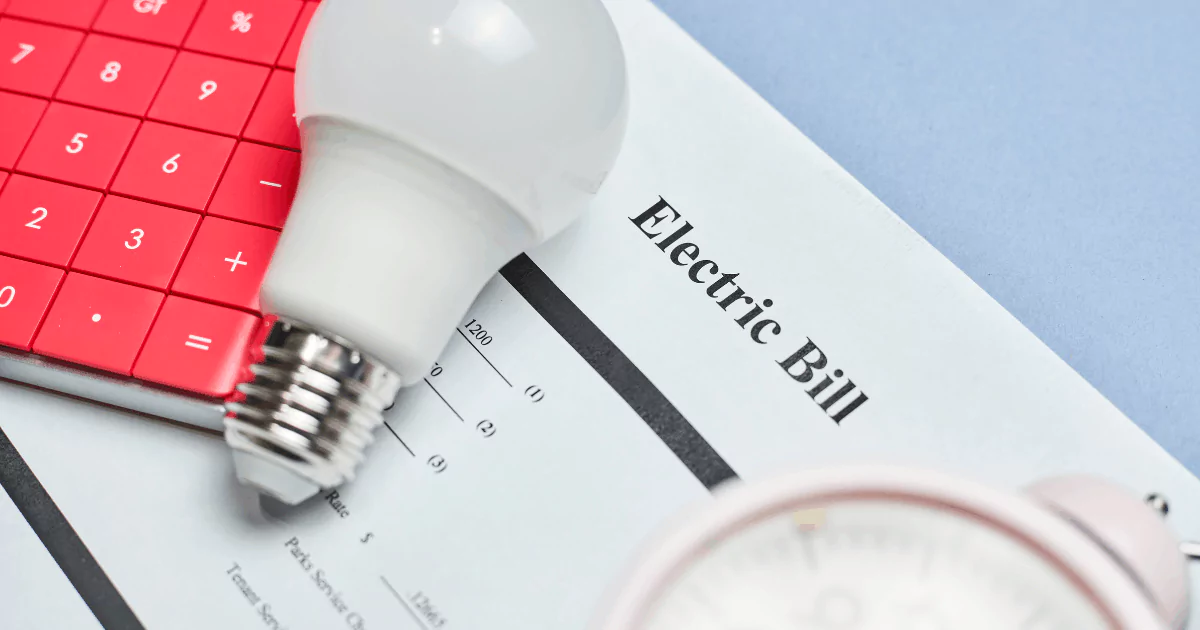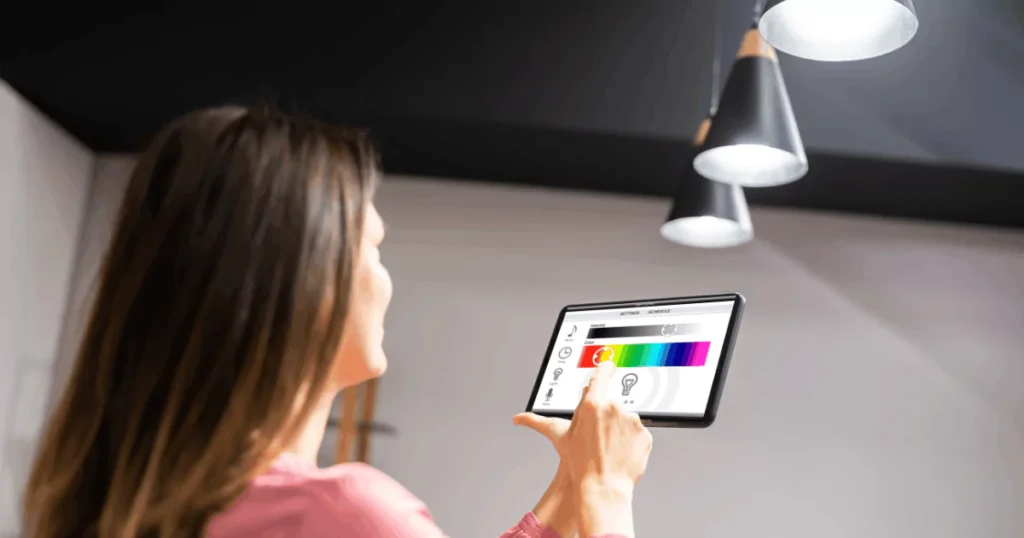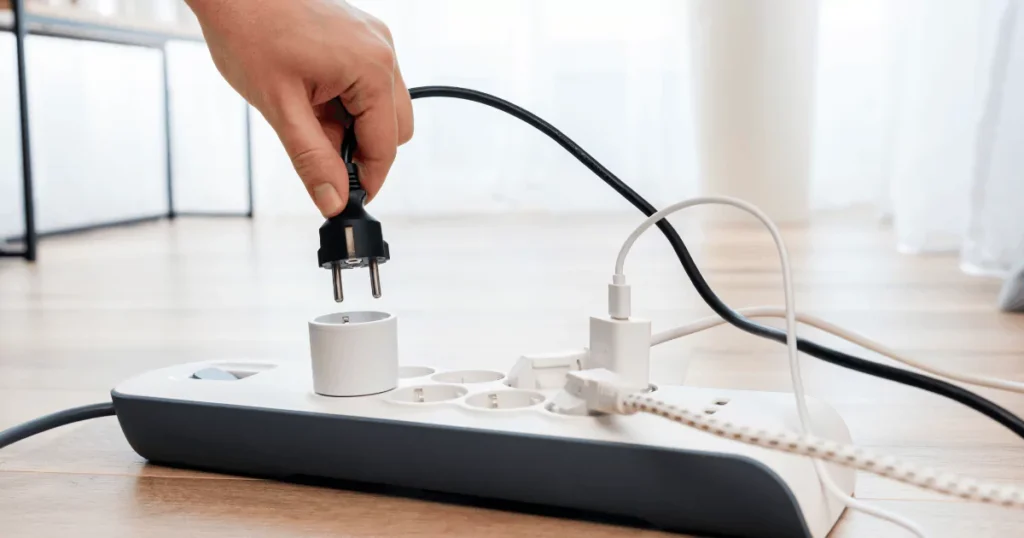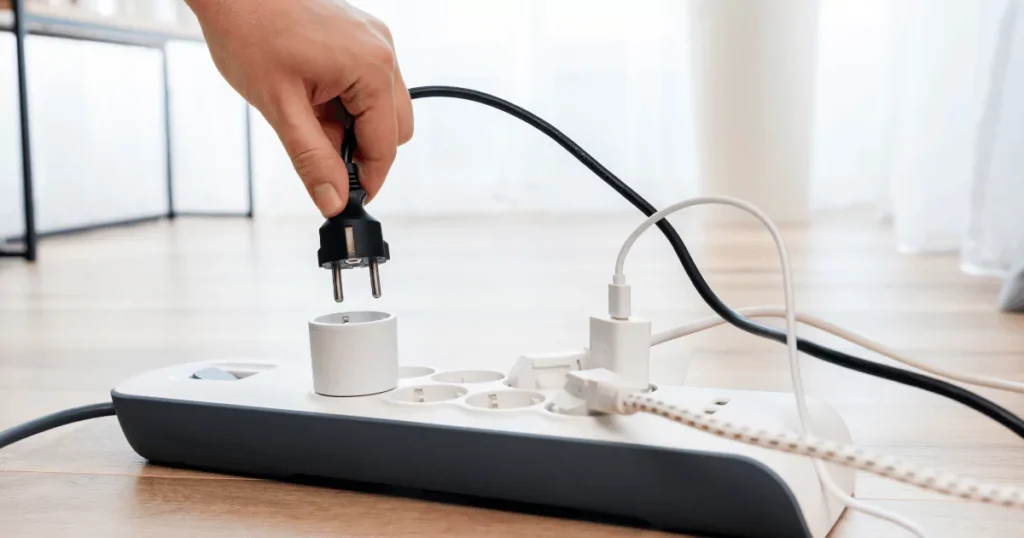Home automation can save you money on utility bills by optimizing energy usage throughout your home. With smart thermostats, lighting systems, and appliances, you can control when and how much energy is used, reducing waste. For example, home automation can save you money by adjusting the temperature when you’re away or sleeping, ensuring your heating and cooling systems aren’t working harder than necessary. Automated lighting also reduces electricity consumption by turning off lights in unoccupied rooms.
Additionally, home automation can save you money by allowing you to monitor your energy usage and make adjustments in real-time, avoiding unnecessary costs. Smart plugs and outlets help minimize standby power consumption, which can increase over time. By integrating all these systems, home automation makes it easier to track and control your energy spending. As a result, you’ll see a significant reduction in your monthly utility bills. Overall, home automation can save you money while helping the environment by reducing your carbon footprint. Investing in home automation is a smart move for both your wallet and the planet.

Home Automation Can Save You Money
Utility bills can sometimes be the most significant monthly expenses in a household. Fortunately, technology is here to help. Home automation systems, which connect and control various aspects of your home, can help you reduce energy usage and, in turn, lower your utility bills.
1. Smart Thermostats:
Imagine if your home could “learn” your habits. It could be when you’re home, when you’re sleeping, or when you’re away at work. Smart thermostats do just that. They adjust the temperature of your home based on your behaviour and preferences, ensuring that your heating or cooling system is not running when you don’t need it.
For example, during the winter, your heating system can turn off while you’re at work and return on just before you return home, ensuring that your home is warm when you need it without wasting energy when you’re not there. Similarly, in the summer, your air conditioner can stay off when you’re at work or asleep, only kicking on when it detects that you’re home and need cooling.
This level of control means you’re not paying for energy you’re not using, ultimately lowering your utility bills. Over time, many save 10-15% annually on heating and cooling costs simply by using a smart thermostat.
2. Smart Lighting:
Home Automation Can Save Money by making your lighting more efficient and reducing unnecessary energy consumption. Smart lighting systems allow you to control your lights remotely, ensuring they are turned off when you’re not home. This is especially useful for people who often forget to switch off lights, leading to wasted energy and higher electricity bills. With motion sensors, Home Automation Can Save You Money by automatically turning on lights when you enter a room and off when you leave.

This simple feature eliminates the need to manually switch off lights in empty rooms, reducing energy waste. Many smart bulbs are also energy-efficient LEDs, which consume less power than traditional bulbs. Scheduling your lights to turn off at specific times is another way Home Automation Can Save You Money, as it ensures your lights aren’t running longer than necessary. Over time, these small adjustments can add up to significant savings. Home Automation Can Save Money not just through smart lighting but also by integrating other systems like thermostats and security features. By optimizing energy use throughout your home, you’ll see a noticeable reduction in your monthly utility bills.
3. Smart Plugs:
Another clever way to reduce electricity usage is to use smart plugs. These plugs can be inserted into any regular socket and controlled via your smartphone. Once plugged in, you can manage the devices connected to these plugs—such as lamps, coffee makers, or TVs—remotely.
For example, you forget to turn off your toaster oven when you leave the house. Instead of worrying about it, you can just use your smartphone to turn it off from anywhere. This helps prevent “phantom” energy usage, which happens when appliances use power even when turned off but still plugged in.

Additionally, you can set schedules for certain appliances, ensuring they only run when needed. For example, you can schedule your water heater to operate only during peak usage hours when energy prices are lower. Over time, these small savings can add up.
4. Water Conservation:
Home automation can save you money in various ways, especially regarding utilities like water. A prime example is smart irrigation systems, which help eliminate water wastage. Traditional sprinkler systems often run unnecessarily, watering lawns during rain or when the soil is wet. Home automation can save you money by ensuring sprinklers operate only when needed, using weather forecasts and soil moisture data to optimize water usage.
This not only conserves water but also lowers your water bills. Another way home automation can save you money is through smart leak detection systems. These systems monitor your plumbing for any signs of leaks, which are often difficult to detect early on. Catching leaks before they escalate can prevent major damage and expensive repairs, keeping your water bill under control. With these smart technologies, home automation can save you money by providing both convenience and efficiency in managing your utilities.
5. Smart Appliances:
Many modern appliances now come with “smart” capabilities, allowing you to control them remotely and track their energy usage. From refrigerators that help you track food expiration dates to washing machines that optimize water and energy use, smart appliances can help you save money in many ways.
For example, smart washers and dryers often have settings that let you choose the most energy-efficient cycles or automatically adjust water usage based on the load size. Similarly, smart refrigerators can alert you when the door is left open, preventing energy wastage.

You can also monitor the energy consumption of various appliances via smartphone apps. These allow you to identify which ones are using the most power and adjust your usage accordingly.
6. Energy Monitoring:
Home automation can save you money by providing a clear picture of your energy consumption. With smart energy monitoring systems, you can track how much power each device in your home uses in real-time. This allows you to pinpoint energy hogs and make adjustments to reduce waste. For instance, home automation can save you money by enabling you to schedule your heating and cooling systems to operate only when needed, reducing energy bills. Setting energy-saving goals allows you to continuously monitor your progress and make informed decisions to cut costs. Many of these systems are connected to smartphone apps, which means home automation can save you money even when you’re away from home, as you can adjust settings remotely.
Additionally, these systems can track patterns over time, helping you optimize your home’s energy efficiency. With these insights, you’re empowered to make smarter choices about energy use, ultimately saving money on utilities. Home automation can save you money by enhancing convenience and providing you with the tools to take control of your energy consumption. Through constant monitoring and smart adjustments, these systems ensure that you’re never wasting energy unnecessarily.
7. Security Systems:
Security systems, part of many home automation setups, can also indirectly help reduce costs. Making your home more secure reduces the likelihood of expensive break-ins or damage.
For example, smart security cameras and motion sensors can help deter burglars, while smart door locks can alert you if someone is trying to break into your home. In case you’re away, you can use smart security lights to simulate presence in your home, helping to prevent break-ins while saving on electricity.
Additionally, some smart security systems can help reduce energy waste by integrating with your smart thermostats and lights. For instance, the system can turn off lights and adjust the temperature when you arm the security system, helping to ensure that energy isn’t being used unnecessarily when you’re not home.
Conclusion:
Home automation isn’t just a luxury for tech-savvy homeowners; it’s an investment that can pay off by significantly reducing your utility bills. From smart thermostats that optimize your heating and cooling to water-saving irrigation systems and energy-efficient appliances, there are many ways automation can help lower costs and make your home more energy-efficient.
While installing these smart systems may initially cost money, the long-term savings can be well worth the investment. Over time, these technologies help create a more efficient and comfortable living space while reducing one’s overall environmental footprint.
In the end, the beauty of home automation lies in its simplicity. Giving you more control over how energy is used in your home allows you to save money without having to make drastic changes to your lifestyle. It’s an easy way to make your home smarter, your life easier, and your utility bills smaller.
By using automation wisely, you’ll start seeing the benefits, not just in your bills but also in your daily routine. It’s a smart move that’s as much about convenience as it is about cost savings.

